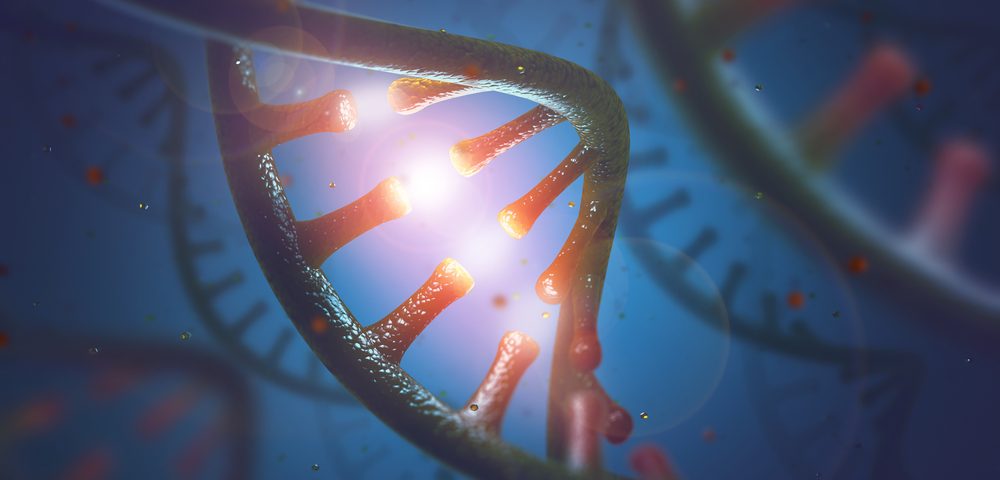A combo therapy that activates a process that prevents cell death can continue helping endometriosis patients long after they stop taking it, a French study shows.
The research appeared in the British Journal of Pharmacology. Its title is “In vitro and in vivo effects of MK2206 and chloroquine combination therapy on endometriosis: Autophagy may be required for regrowth of endometriosis.”
A major problem in treating endometriosis is that the condition returns in many women.
Scientists have been trying to develop therapies that can reduce the number of cells that survive treatment. Another need is therapies for endometriosis that has returned.
Previous research has shown that a combination of the therapies MK2206 and U0126 can stop the proliferation of deep endometriotic stromal cells. When the treatment is discontinued, however, the proliferation of these connective tissue cells resumes.
MK2206 inhibits AKT, an enzyme involved in multiple cell processes, including proliferation, migration, and death. U0126 inhibits the MAPK/ERK kinase, an enzyme involved in genes’ creation of products such as proteins.
MK2206 can prevent cell death by activating a mechanism called autophagy. Autophagy is a double-edged sword in diseases. In some diseases it promotes cell survival and in others cell death.
In earlier studies the French researchers had shown that adding the anti-malarial medication chloroquine to the combo therapy could reduce the proliferation of deep endometriotic stromal cells. Chloroquine also inhibits autophagy.
Chloroquine and its derivative hydroxychloroquine are the only autophagy inhibitors that the U.S. Food and Drug Administration has approved.
Other studies have shown that chloroquine or hydroxychloroquine alone, or in combination with MK2206, can be an effective treatment for certain cancers.
In addition, studies in mice have shown that hydroxychloroquine is a good way to treat endometriosis.
The French researchers wanted to test various therapies that could help women with endometriosis, including chloroquine.
They started by seeing what effect chloroquine alone, in combination with MK2206, and in combination with both MK2206 and U0126 had on endometriosis cells in a laboratory. The question was whether the treatments could stop the cells’ growth and regrowth.
They also tested bafilomycin A1 and 3-methyalanine, both alone or in combination with MK2206.
The key finding was that a combination of chloroquine and MK2206 led to a greater reduction in deep endometriotic stromal cell growth and regrowth after discontinuation of treatment than either medication alone.
Adding U0126 to the combo had no effect on cell growth and regrowth after discontinuation, they discovered.
The team then shifted their analysis to a mouse model of endometriosis. They created the model by implanting mice with endometriosis cells from humans.
Neither of the individual components of the combo reduced the size of the endometriotic implants in the mice, but the combo did.
“The present findings suggest that a novel strategy for treatment of endometriosis may involve decreasing the number of endometriotic cells that can survive treatment and then preventing regrowth by autophagy inhibition,” the investigators wrote.
They cautioned that inhibiting autophagy could led to healthy endometrial tissue becoming cancerous, however. This reflects the fact that autophagy is important for optimal immune function.
“Further studies are required to determine whether long-term inhibition of autophagy prevents recurrence of endometriosis after discontinuation of drug treatment and whether it results in any adverse effects on the endometrium [tissue] of patients with endometriosis,” the researchers concluded.

